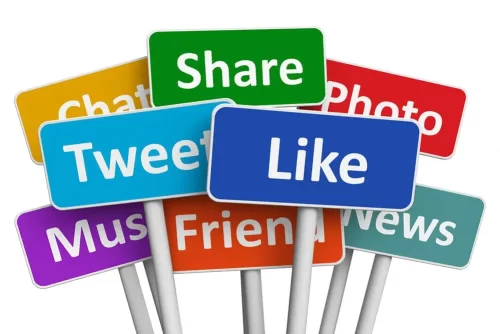As the saying goes, words matter. This is especially true when you’re developing content for your website. Copywriting includes looking at the substance of a paragraph and making sure that each paragraph says what it should so it can produce positive results.
AI + Human Edited Content Creation.
Only $0.01 per word!

Professional copywriters will know exactly what to say and how to say it so that a sale becomes imminent. Words should both educate and captivate your audience, because without the right words, deals will not happen. It’s just that simple.
What to Avoid When Writing Your Content
Content marketing is an art form, and knowing what to say is crucial. Below are seven phrases you never want to use in your marketing efforts:
- “No product is cheaper than ours.” The word “cheap” makes your product sound ineffective and inferior in quality. Instead, use words like “affordable” or “reasonably priced.” Never use the word "cheap" in your marketing content.
- “Let us serve your needs.” Again, this is a vague phrase that does nothing to highlight your product. Just because you believe in your product doesn’t mean that your enthusiasm for it is all you need to sell it. People respond to concrete and detailed information more than vague insinuations. You have to describe in detail why you are the solution to their problem. This will, in turn, make them realize that they need your services in the first place.
- “We will try to solve the problem as quickly as we can.” The word “try” sounds as if you aren’t sure you can do the job right. It implies an attempt, when what you really want is to let the customer know that you can perform this service. Naturally, false promises are not good However, you don’t want it to sound as if your service is “iffy” and not guaranteed. Letting them know that you can address issues properly is the first step to instilling confidence in your customers.
- “Free” (unless it truly is free). Unless the product or service is truly free, do not use this word. Consumers are well-educated these days and can tell if something is truly free, or if it is just an attempt to make a sale. Consequently, the word “free” can have a bad connotation, since most people know that few things are actually free. If it’s truly free, you can say so. Otherwise, forget this word and move on.
- “Our product is the best thing on the market.” This statement is very vague and does nothing to describe your product or service. Remember, detail is important, especially when describing a product. Use specific terms and a lot of detail about your product, and people will respond. Using “thing” is very generic, and it should only apply to an inanimate object when you’re unsure exactly what it is, not to a particular product that you know all about. Describing a product well means mentioning everything about it, so the customer knows what it is and does.
- “Don’t get all ‘bent out of shape.’” Clichés usually don’t work. With today’s educated customers, clichés sound cheesy and may infer that you just don’t care about their needs. Keep your copywriting specific and basic, and avoid clichés unless there is no other way to describe something. Writing terms that enthrall the audience is not that difficult, but if you are having trouble with this, go ahead and hire a professional.
- Overload of industry jargon. This is especially common among newer writers. Industry jargon has its place, but when it’s overused, it can make your company sound like they’re better than the customers they’re trying to attract. Unless you’re writing content specifically for industry professionals, you should write in a manner that would allow even an eighty-year-old grandmother to understand what you’re writing. This is one of the fundamental tenets of advertising. Stick to the basics, and don’t overuse industry jargon.
In short, copywriting needs to be kept basic so that it is easy to understand. Its concepts must be simple to grasp and geared toward people of all ages. This means steering clear of words or clichés that may cost you a sale.
100% human-written content by native English writers
OUR BLOG



